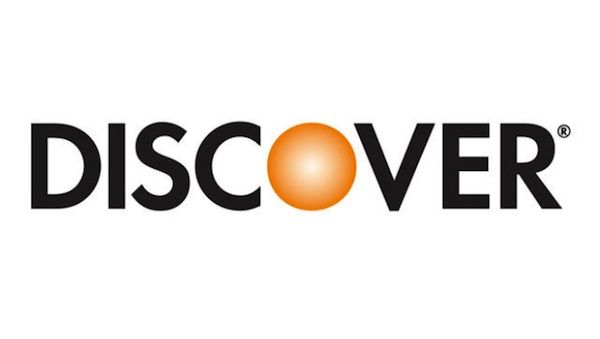 A lawsuit has been filed against financial giant Discover, alleging that the company called more than a hundred times to try and collect someone else’s debt.
A lawsuit has been filed against financial giant Discover, alleging that the company called more than a hundred times to try and collect someone else’s debt.
The phone call lawsuit claims that Discover’s actions violate federal laws detailed in the Telephone Consumer Protection Act (TCPA) designed to protect the public from harassment by marketers.
Plaintiff Nicholas M. of New York filed the TCPA lawsuit over claims that Discover started calling him in 2015 for someone else’s debt. Per the text of his TCPA lawsuit, Discover and their agents used an automatic dialing system to call him at least 145 times, sometimes six times in one day.
These calls were made to his cellular phone, even after he spoke with Discover and demanded they stop calling him. The text of the TCPA lawsuit lists the calls Nicholas allegedly got per day, and it goes on for nearly two pages.
The TCPA lawsuit alleges that Discover also willfully uses an automatic telephone dialing system, or robocall system, to make these calls. If true, many of these allegations may violate the Telephone Consumer Protection Act.
What is the Telephone Consumer Protection Act?
The TCPA is a federal law that regulates the way that companies can contact people. It was first enacted over concerns about fax machines and multi-line phones when these were new technologies. But subsequent amendments and court rulings have expanded the scope of the TCPA as technology evolved.
Now, the TCPA applies to unwanted cell phone calls and text message spam from advertisers. The TCPA has been designed and augmented to prevent harassment from direct-to-consumer advertisements by phone and text messages.
Among the provisions of the TCPA that may apply to this case, the TCPA forbids the use of robocalls or autodialers. These are different words for automated telephone systems that dial numbers for the caller to make it easier to contact people. It is also expressly forbidden for companies to contact customers by cell phone without their express permission.
The TCPA is partially designed to be enforced through TCPA lawsuits like Nicolas’s Discover lawsuit. One key provision in TCPA lawsuits is that plaintiffs who can prove their cases in court may be awarded statutory damages.
Statutory damages are specific amounts of money prescribed by law when a defendant is found guilty of breaking the law. In the case of the TCPA, statutory damages of $500 per violation may be awarded. Additionally, if the violations are proved to be willful, the statutory damages may go up to $1,500 per violation.
Additionally, the TCPA lawsuit also seeks to recoup court costs and legal fees, which may be allowed under the TCPA. The TCPA lawsuit seeks to have a trial by jury in order to settle the matter.
The TCPA Lawsuit is Case No. 5:15-cv-01353-BKS-TWD, in the U.S. District Court for the Northern District of New York.
Join a Free TCPA Class Action Lawsuit Investigation
If you were contacted on your cell phone by a company via an unsolicited text message (text spam) or prerecorded voice message (robocall), you may be eligible for compensation under the Telephone Consumer Protection Act.
ATTORNEY ADVERTISING
Top Class Actions is a Proud Member of the American Bar Association
LEGAL INFORMATION IS NOT LEGAL ADVICE
Top Class Actions Legal Statement
©2008 – 2026 Top Class Actions® LLC
Various Trademarks held by their respective owners
This website is not intended for viewing or usage by European Union citizens.














